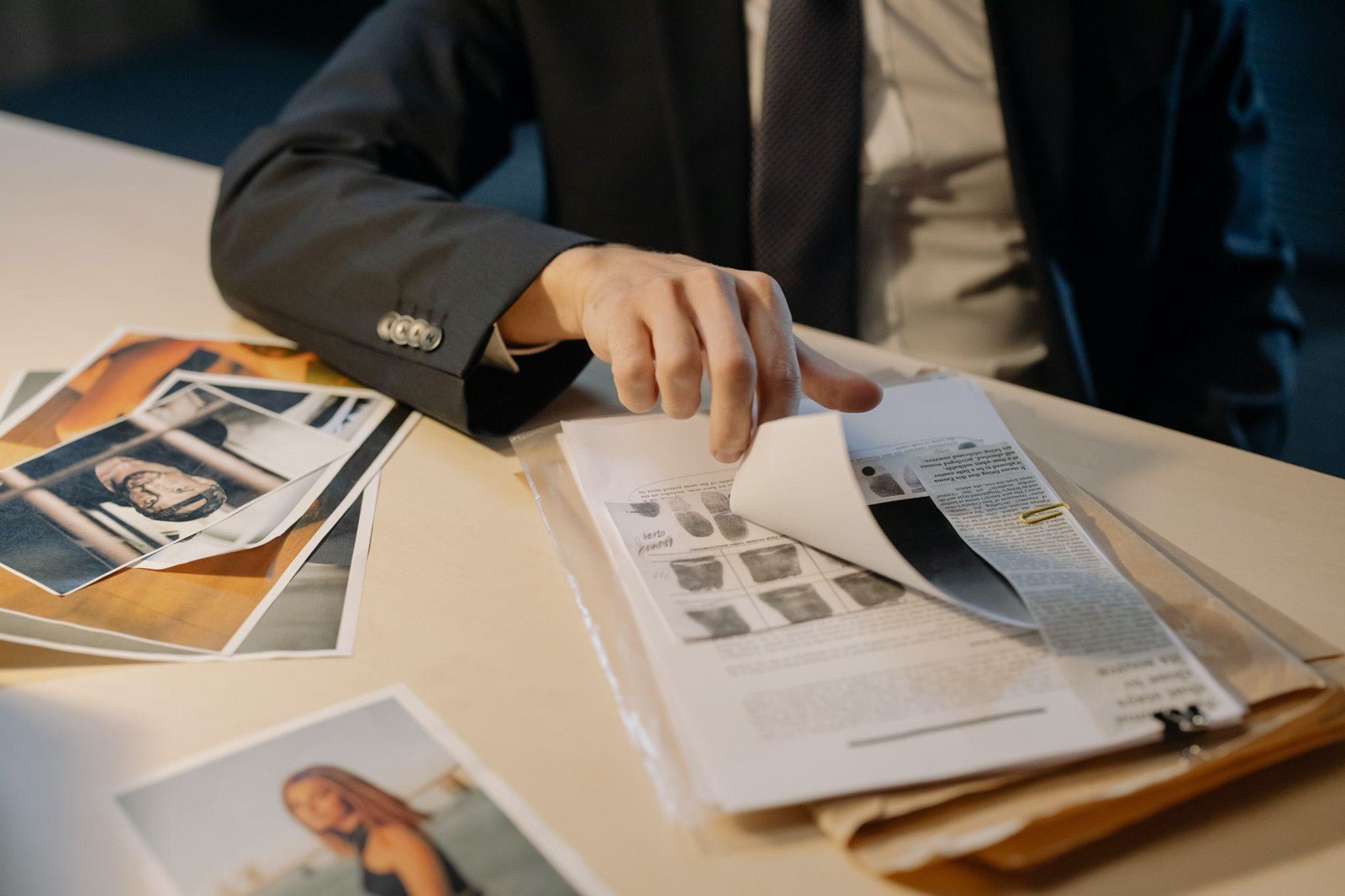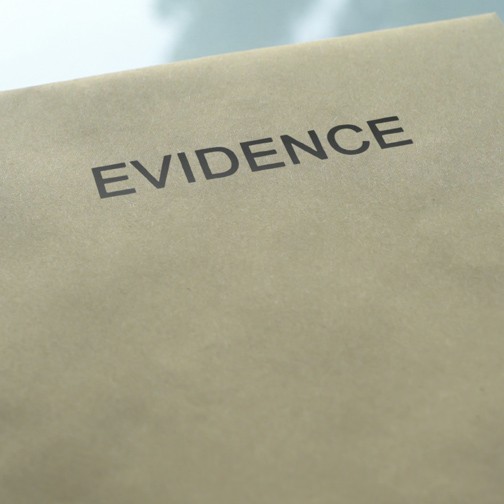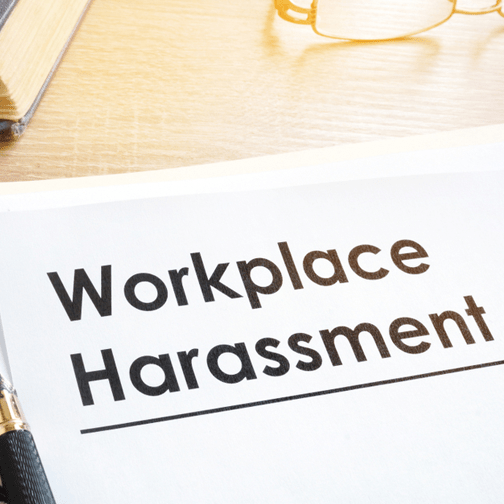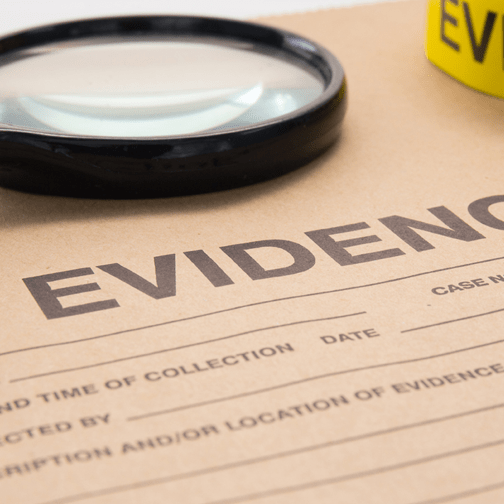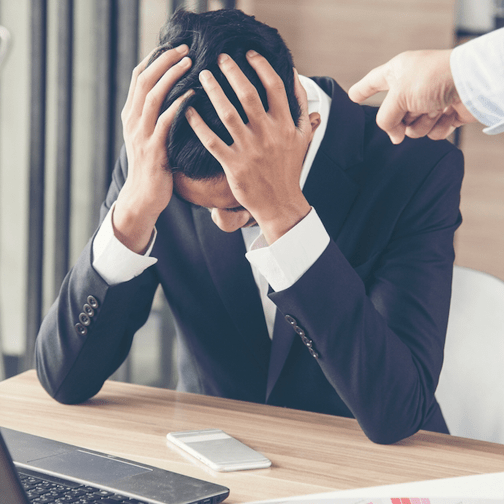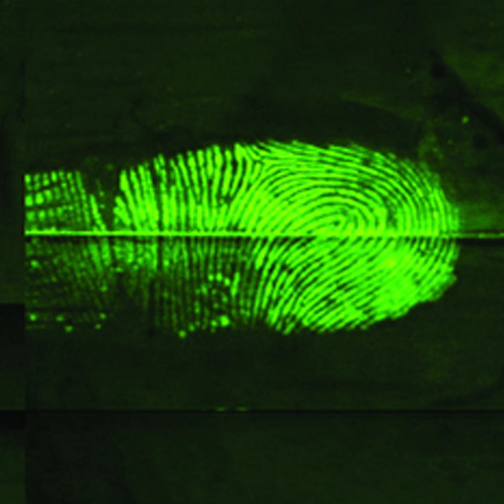Search:
Please feel free to browse through the stories that look most appealing and share or comment – we regularly monitor our social feeds and would be delighted to hear from you.
-
Why You Should Run Background Checks on Your Love Interest
Online dating has become a norm these days. With background checks, you can unveil the background information of your partner for your peace of mind.
-
A Quick Guide to Preserving Employee Rights for Procedural Fairness
When conducting a workplace investigation, the employer should provide procedural fairness to employees and avoid violating their basic rights.
-
Why Employers Must Create a Strong Workplace Culture
This blog post highlights the major benefits of implementing strong workplace culture and provides useful tips to build a suitable culture.
-
How to Avoid Bias in Interviews during Workplace Investigation
Workplace investigators must refrain from being biased and conduct a fair investigation. Do you want to know how you can avoid conscious or unconscious bias? Then our latest blog is just what you need to read!
-
How to Establish the Chain of Evidence: Your Go-to Guide
Private investigators may come across relevant evidence during an investigation. With the chain of evidence, you can prove that the evidence is authentic, relevant, and valuable to your case.
-
Workplace Investigation: What Not to Do in Investigative Interviews?
Read this blog post to learn about the common mistakes during workplace investigation interviews. A workplace investigator should avoid these mistakes for a fair process.
-
What is Evidence in Chief?
What is Evidence in Chief? There are many reasons why there could be a workplace investigation: sexual harassment, misconduct, bullying, theft and fraud. Whenever there is an investigation, the alleged offender must be afforded balanced and fair proceedings to provide them with every opportunity to tell their side of the story. A workplace investigation carries…
-
What is evidence exactly?
What is evidence exactly? The definition provided in the Australian Workplace Training and Investigation Evidence Manual states “Evidence is information that is relevant to proving or disproving a disputed fact in issue in legal proceedings”. Any workplace investigation will gather evidence so that a decision can be made at a tribunal hearing. No matter what…
-
What are the general rules of procedural fairness?
What are the general rules of procedural fairness? Every business has at least one decision-maker. They are the ones who are responsible for all decisions made around employees, which can have favourable results and not-so-favourable results. These can be centred around promotions, placing workers in teams, promoting the right people for positions, and identifying employees…
-
How an interview should be conducted when addressing a complaint
How an interview should be conducted when addressing a complaint When an allegation or complaint is made against an employee, it is a very prescriptive process that needs to be followed when following up on this complaint. This includes the formal process where management sits down with the staff member to discuss the complaint so…
-
What are the components of sexual harassment – and what is not included?
What are the components of sexual harassment – and what is not included? Sexual harassment is a serious act of misconduct in the workplace. It includes all unwelcome advances or behaviours that could make a person feel intimidated, offended or humiliated. This goes beyond verbal and physical approaches though, and it also extends beyond the…
-
Busting the myths of sexual harassment
Busting the myths of sexual harassment Sexual harassment can happen in a variety of different ways. It can be verbal or physical, but it can also be written or online. It is offensive, often humiliating and sometimes intimidating – and it is never permissible in the workplace. Unfortunately, there are still many myths that are…
-
What is the process of creating, storing and maintaining evidence?
What is the process of creating, storing and maintaining evidence? The simple definition of evidence is something that furnishes proof and it is essential for any court case whether it is a criminal, civil or family court matter. There are four different kinds of evidence that can be collected including: Real evidence: These are…
-
The process of giving evidence in court
The process of giving evidence in court Once evidence has been assembled, there are processes around how this evidence is given in court. Whether it is a criminal case in a court of law, a civil case, or a Fair Work Commission Tribunal hearing, every person or respondent has a right to present their case,…
-
Understanding dismissal and serious misconduct in the workplace
Understanding Dismissal and Serious Misconduct in the Workplace. There can be extreme circumstances in a workplace where an employee needs to be reprimanded, sanctioned or in the worst cases dismissed. Before any of these can happen though, the employer needs to prove the allegations made against the employee and the employee has a right to…
-
Evidence and the correct ways to collect and handle it
Evidence and the correct ways to collect and handle it Collecting evidence for a court case is not always handled exclusively by police. In many cases like fraud investigations, divorce proceedings etc you can assemble your own evidence which can be used to support your case. That does not mean you should just rush out…






